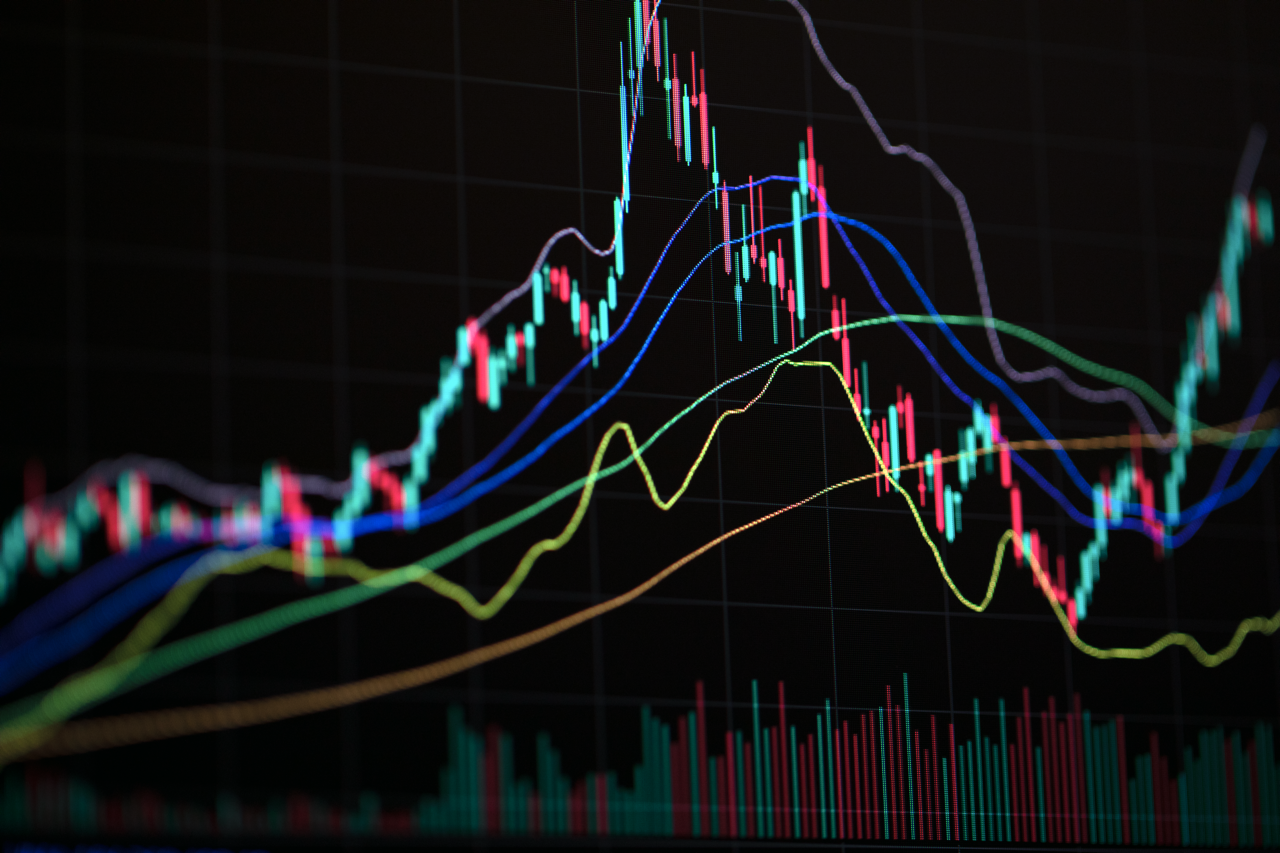Recent Market Volatility
After a sequence of 400+ days without a 5% pullback in US equity markets, the streak abruptly ended at the start of February with a bout of significant market turbulence. After a very strong start to the year for equity markets, the end of January produced some jitters as bonds yields began to rise, with the benchmark 10-year US treasury yield climbing from 2.4% to 2.7% during January. This was prompted by market participants revising upwards their projections for US interest rates and inflation expectations, with hopes for a ‘goldilocks’ period – continued strong growth and benign inflation - seemingly dashed.
The catalyst for the subsequent February sell-off in equity markets appeared to be a stronger-than-anticipated jobs report in the US in which average hourly earnings grew 0.3% in January and 2.9% year-on-year. The Dow Jones subsequently fell 665 points (approximately -2.5%) on the day. There was further pain the next day with global markets continuing their steep declines. At one point during the trading period, the Dow Jones was briefly down by an astonishing 1600 points (around -6.25%). This was the largest intra-day points fall on record and a full 500 points more than the second largest sell-off on record. It should be noted that, in percentage terms, the end-of-day decline of 1,175 points (-4.6%) was significantly less than experienced historically e.g. the height of the financial crisis, however, it was the largest pullback since 2011. The rapidity of the fall was the most surprising aspect, with a plunge of around 800 points occurring in less than 20 minutes before a limited bounce-back took place. In this regard, it was not a typical ‘flash crash’ due to the very weak nature of the rebound. The next trading day was typified by wild swings in markets between positive and negative territory as the market attempted to establish an equilibrium.
What caused these gyrations in the markets? Given the serene rise in global equities for the last few years, a popular investment strategy for betting against turbulence in markets, called short volatility, had attracted large inflows, prompted by an increasingly complacent market. According to Bloomberg, the two largest exchange traded products that wager on low volatility took in a record $1.7bn in January. Estimates of how much is tied to the strategy overall vary, but some estimates put it as high as $2 trillion. As fear gripped the markets and volatility spiked, a number of these products were effectively wiped out. Outflows from other systematic strategies also exacerbated the sell-off as traders scrambled to unwind positions.
The prevalence of algorithmic trading in the markets was also blamed for exacerbating the sell-off. According to some estimates, around 60% of daily trading is derived from programmes that automatically buy/sell shares based on specific factors and/or mathematical models. Whilst the evidence that these strategies increase volatility is not conclusive, the seemingly indiscriminate selling that occurred in a short space of time displayed the hallmarks of non-human trading behaviour.
Going forward, investors may need to accept that the structure of the market has evolved and that significant spikes in volatility are likely to occur when markets are gripped by periods of fear. However, for longer-term, fundamentally driven investors such as ourselves, the recent pullback represents a healthy correction. Whilst we are reluctant to dismiss the possibility of further turbulence in the markets, the declines witnessed so far offset only a fraction of the gains seen over the last few years. Equity valuations have retreated to levels that are more comfortable and our view of a robust global economy remains unchanged.
Disclaimer: The views thoughts and opinions expressed within this article are those of the author, and not those of any company within the Capital International Group (CIG) and as such are neither given nor endorsed by CIG. Information in this article does not constitute investment advice or an offer or an invitation by or on behalf of any company within the Capital International Group of companies to buy or sell any product or security.
















